By Chinenye Anuforo
Nigeria and Brazil have taken a decisive step in redefining South-South cooperation with the signing of a landmark Memorandum of Understanding (MoU) on Science, Technology, and Innovation, placing space technology at the heart of a shared vision for sustainable growth and global security.
The agreement, signed in Brasília and witnessed by President Bola Ahmed Tinubu and President Luiz Inácio Lula da Silva of Brazil, is set to usher in a new era of collaboration between Nigeria and Latin America’s leading technology powerhouse.
The Minister of Innovation, Science, and Technology, Chief Uche Geoffrey Nnaji, signed on behalf of Nigeria, while Brazil’s Minister of Science, Technology, and Innovation, Luciana Santos, represented her country.
At the event, leaders from both nations argued that space science has moved beyond exploration, emerging instead as a driver of economic transformation, disaster resilience, and digital inclusion.
Nnaji described the pact as a statement of shared vision, noting that under President Tinubu’s Renewed Hope Agenda, Nigeria intends to leverage satellites, rocketry, and data analytics to accelerate inclusive growth. “Space technology offers Africa and Latin America a powerful tool to leapfrog into the future economy,” he said.
Minister Santos affirmed Brazil’s commitment, highlighting her country’s expertise in satellite development and bioeconomy applications. She stressed that collaboration with Nigeria would deliver not only bilateral benefits but also solutions with planetary relevance.
Both presidents hailed the agreement as a turning point. President Tinubu emphasised that “space technology is no longer a luxury but a necessity for prosperity and security,” while President Lula da Silva framed the partnership as “a bridge of innovation and solidarity between two great nations of the Global South.”
The MoU is expected to open doors for joint satellite missions focused on agriculture, climate monitoring, and national security. It also outlined cooperation in spacecraft engineering, capacity building, and technology transfer. Artificial intelligence applications will be deployed for forest conservation in the Amazon and Nigeria-Cameroon basins, while Earth observation systems will support food security and disaster management.
Stakeholders said the deal has the potential to create new opportunities for researchers, entrepreneurs, investors, and youth in both countries, while contributing to global Sustainable Development Goals (SDGs).



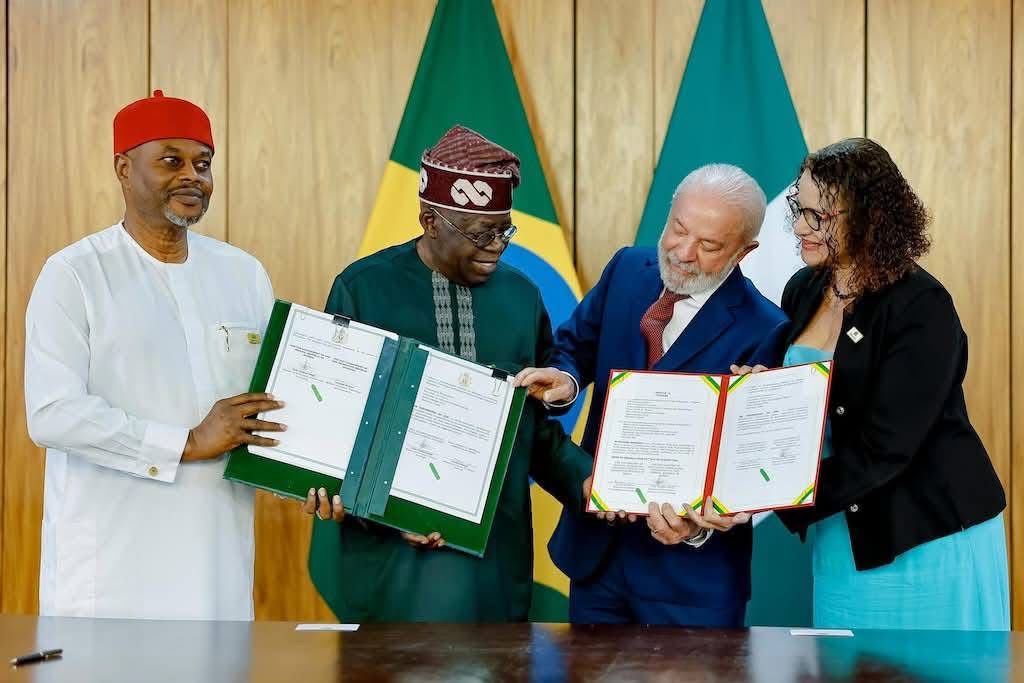


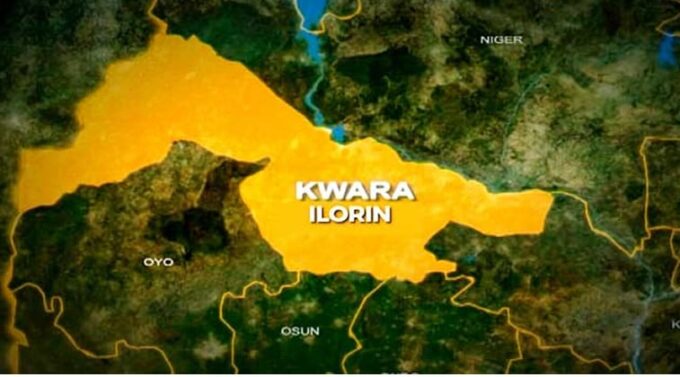


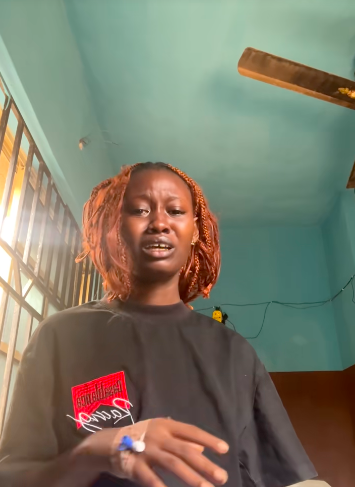

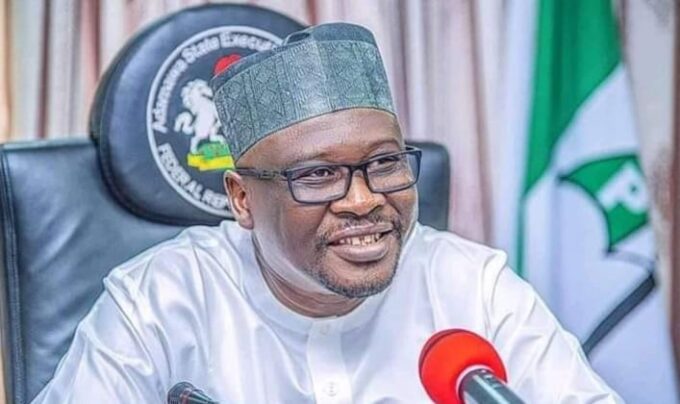
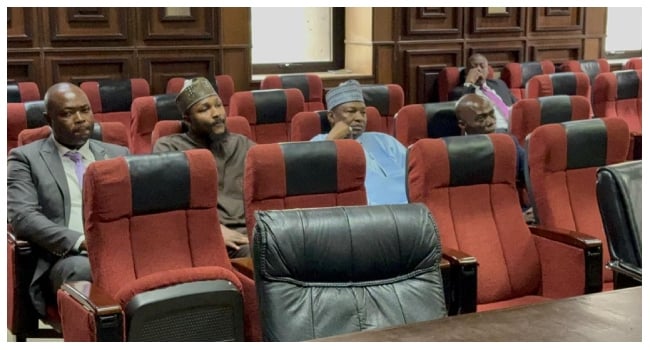





Leave a comment